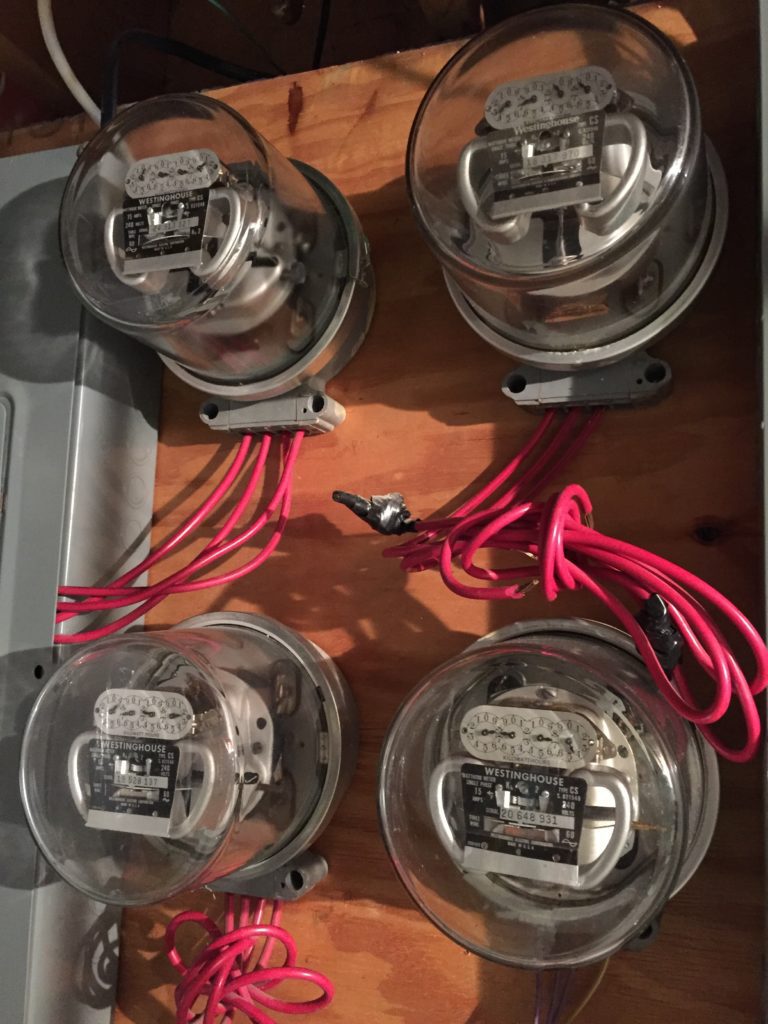Reader Question: We are planning on buying a home soon. Many of our friends and co-workers have purchased homes in the past few years. Between stories we hear from them and the stories on real estate websites, home inspections are one of the most common trouble spots in the process. Are there certain circumstances where we should be on high alert for condition problems?
Monty’s Answer: The home inspection industry is still young and evolving. The good news is that state governments are more involved in licensing and regulation, franchisors have improved training, and most home inspectors are thirsty for tips and methods to improve their practice. Competition drives improvement. That said, every service industry has participants that, for many reasons, do not perform to consumer expectations.
The stories you hear and read certainly do happen. Sometimes the consumer does not understand the limitations of inspections, such as the fact houses wear out and inspections are for one specific day. The inspection is not a guarantee, and it does not cover certain items, such as a code review. When thinking about home inspection complaints, add the uninformed consumer as a contributing factor. Two actions on the part of a consumer that would reduce complaints are to interview multiple inspectors and to read the inspection contract. All inspectors are not equal. Here is a link that examines the inspection from the viewpoint of the various parties at https://dearmonty.com//home-inspection-outcomes/.
Nine higher risk situations
- Buyer declines an inspection – Whether it is new construction or a pre-owned home in a better-than-new condition the home inspection is a safety net. The best result is the inspection reveals no defects. The price of a proper inspection is low compared to the risk of discovering a serious flaw after moving in.
- Senior home sellers – It is a fact that memories fade, or are not accurate. While many remain sharp as tacks, some seniors may be confused about the meaning of a specific term or question. They may not be trying to deceive but could accidentally misrepresent a fact.
- Older homes – As older homes wear out more substantial; therefore more expensive repairs become likely. Replacing siding, plumbing piping, electrical components, and more, can involve more labor and skilled contractors. Inspections do not cover items that are not visible and a number of a homes components are not visible.
- Absentee sellers – Real estate condition reports ask property owners, not tenants, to answer questions. The chances of reporting errors rise if the owner has never lived in the house or has not for many years. Additionally, a tenant may cover up the damage they caused so as not to affect the security deposit. Alternatively, hide damage if it occurred naturally to avoid the landlord thinking the tenant is to blame.
- Poorly constructed or maintained homes – A house built with inferior materials and working components may wear out faster, or be more costly to replace or repair. Poor construction methods, such as improper fastening, and the cheapest materials can give way to leaks and squeaks very quickly.
- Huge homes – So much to see, so little time. Houses of 8,000 square feet and larger have more furnaces, more bathrooms, more windows, more everything. It is easy to miss a cubby hole behind a staircase or an electrical panel behind a bedroom door. The more components, the higher the chance the inspector will overlook something.
- Flipped homes – While some flippers are experienced contractors looking for filler work for their people, many are amateurs. Flippers are also prone to use the most inexpensive parts because the motive is profit. When they are buying material to fix up the house, the profit margin is purely speculative.
- Home inspectors that lack training, experience, or common sense. They could also be in a hurry. Carelessness, incorrect identification of a potential issue, or missing a red flag can turn into a major headache. Here is a link at https://dearmonty.com//hiring-a-home-inspector/ for questions to ask a prospective home inspector.
- Extensive do-it-yourself improvements. Was a permit necessary? Inspectors do not search records for building permits. Many home sellers work in the trades. They know what to do and how to do it. Ask who did the remodeling or addition when looking at 30-year-old homes that look brand new. Based on Dear Monty letters from home buyers, it appears that many do-it-yourself sellers that spent their time watching the TV remodeling shows were practicing on your new home.



